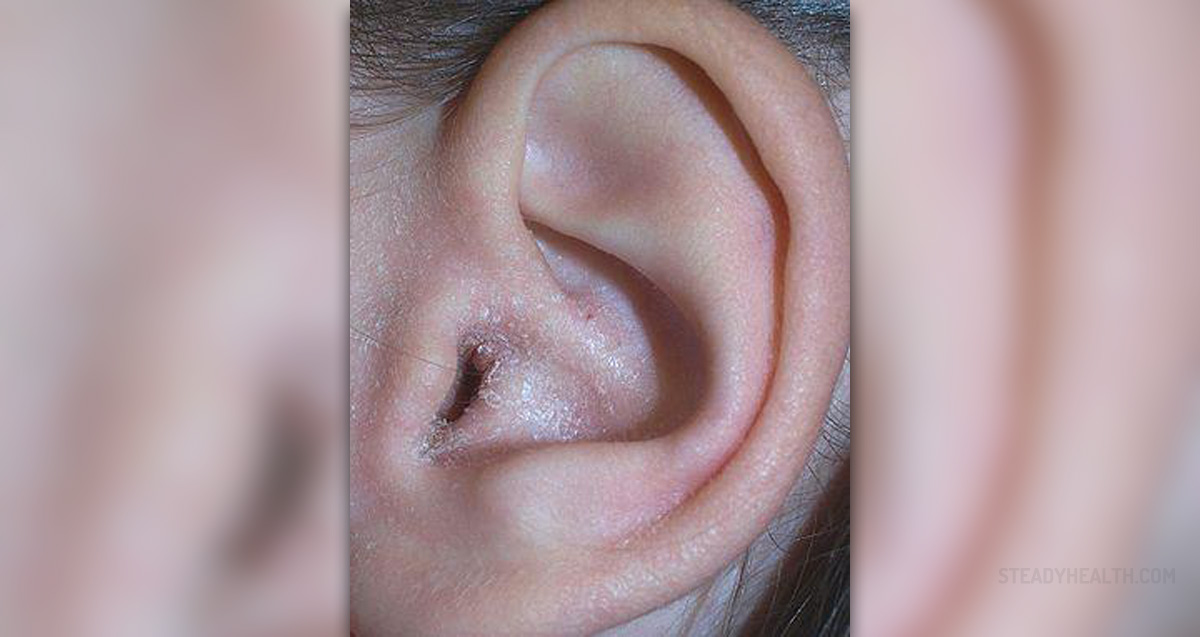
Eczema is a frequent skin condition occurring in different forms all of which are associated with inflammation of the skin. This is a term that includes many different skin conditions. The skin in individuals suffering from eczema shows similar characteristics, although there are slight changes in the appearance of inflammatory skin signs and normally, there is difference when it comes to underlying causes of skin inflammation.
The affected skin is typically itchy, red and dry with sometimes thickening present. Some areas of inflammation may be additionally covered with lumps or blisters and there can also be weeping or crusting deposits.Discoid Eczema Overview
Discoid eczema, as the very name suggests, is characterized by specific skin changes, all of which are coin-shaped. These skin eruptions develop on the limbs. Discoid eczema may affect otherwise healthy and normal skin or occur in individuals with dry skin. The condition may occur together with some other type of eczema such as atopic eczema.
Appearance of Skin Changes
The affected skin is covered with well-defined skin eruptions that are coin-shaped and with well-defined edges. The surface of the skin changes may be covered with blisters, scales or sometimes crusts. Secondary infection of the affected skin may occur as well. Most of the time, the pattern of distribution of skin eruptions is characteristic and both limbs are symmetrically affected. Itchy sensation is frequently reported. Another characteristic of discoid eczema is lichenification i.e. thickening of the affected skin. Because these skin lesions are well defined, they may resemble some other skin disorders like fungal infections, more precisely ring worm. However, proper evaluation of skin changes as well as taking medical history and addition tests differentiate these two conditions successfully.
Causes of Discoid Eczema
This skin disorder predominantly affects middle-aged or even older individuals. Only if it occurs in younger individuals the condition is generally associated with already existing atopic dermatitis. As for adults, discoid eczema seems to be connected with stress, local irritation as well as consumption of large amounts of alcohol.
Discoid Eczema Treatment
Treatment for discoid eczema does not differ much from treatment engaged in other forms of the disease and most commonly is the same as treatment for atopic eczema. Patients are prescribed steroids in a form of creams and ointments. Apart from steroids such patients may also benefit from the newer calcineurin inhibitor creams.
The risk of secondary bacterial infection is reduced with oral antibiotics even though many doctors opt for these once the bacterial infection occurs.


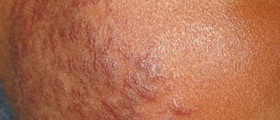



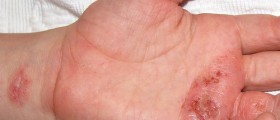
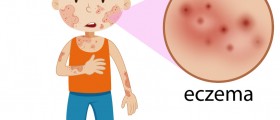

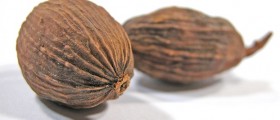


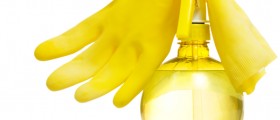
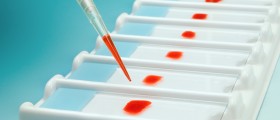

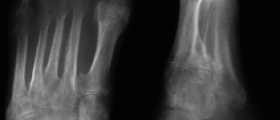
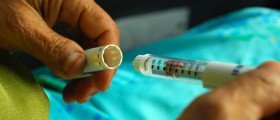
Your thoughts on this
Loading...